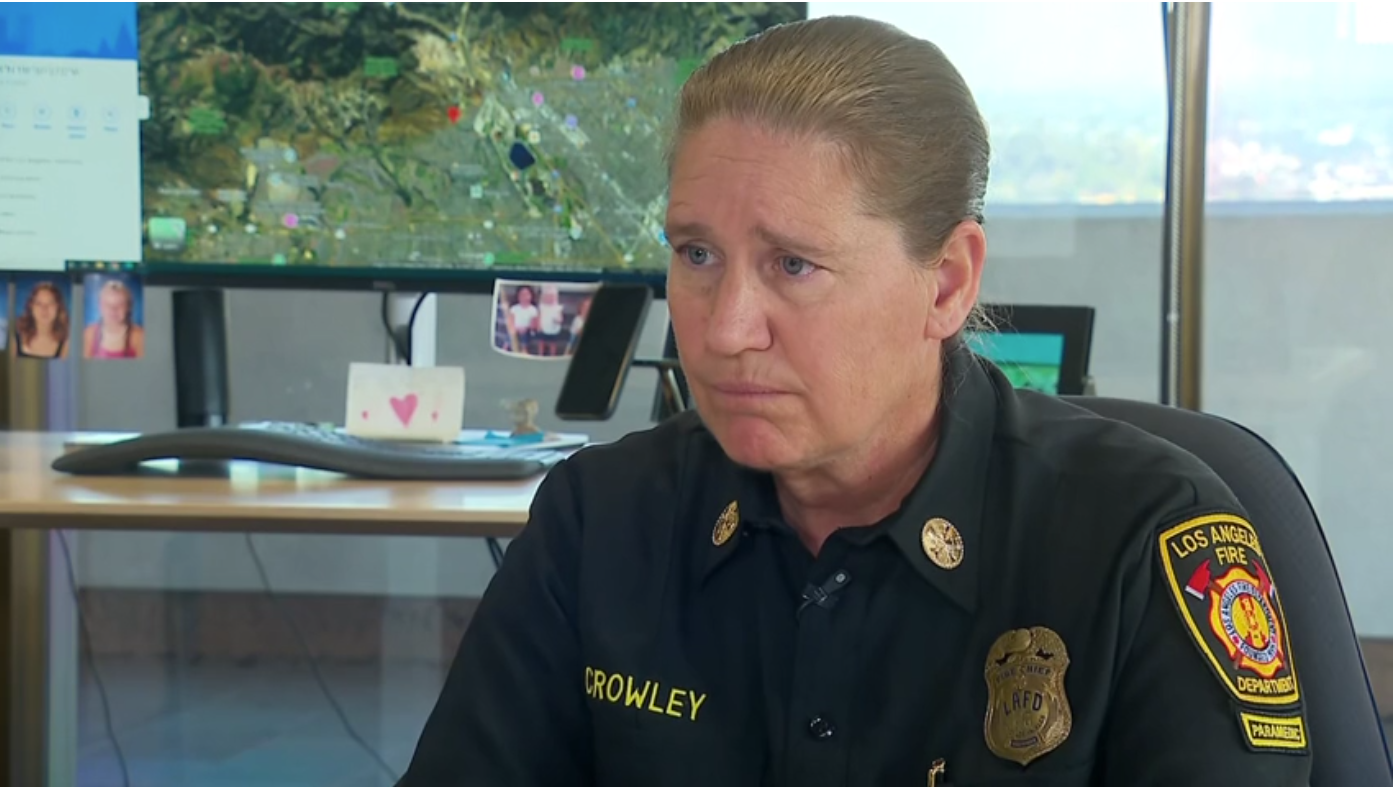Pomona police announced the arrest of the suspected gunman who is accused of shooting and killing an 8-year-old boy in Pomona. Rick Montanez reports for the NBC4 News at 6 on Sunday, March 26, 2017.
Concerned about a rise in impaired driving with the legalization of marijuana, the San Diego Police Department (SDPD) is now using a new tool to help officers detect drugged driving. Police debuted the Drager 5000 on Friday, the evening of Saint Patrick's Day.
The device will use a sample of saliva to detect drugs in a person's system. SDPD will be the first law enforcement agency to use the devices in San Diego County.
"The message we are sending is simply this: do not drive while impaired by alcohol, impaired by drugs or a combination of both," SDPD Chief Shelley Zimmerman said. "And if you choose to make the wrong decision to drive while under the influence and impaired by drugs, this technology is another tool we will use to find you, arrest you and prevent you from endangering our community."
It can detect illegal and prescribed drugs as well.
“It allows for a quick roadside screening,” Zimmerman said.
The detection devices will be only one step in determining if someone is driving impaired, and will be used in conjunction with evaluation by officers at the scene as well as blood tests when warranted.
Officer Emilio Ramirez explained to NBC7 how the device works.
"If it's only alcohol [and the officer] makes the decision to arrest, he will offer you chemical breath test or you have to consent to a blood test," said Ramirez. "If you are under the influence of a drug or a combination the drug recognition expert will be present and he will offer the driver a Drager [5000] test."
Officer Ramirez stressed the device does not test for substances the driver used in the past.
California
News from across California
"It is going to test for what's actively present on your body at that time," he added.
It is highly unlikely someone who smoked marijuana days prior to the test would register a result, according to an officer demonstrating the machine.
DUI Defense Attorney Vik Monder said the test is voluntary. Also, he said because there are not set limitations on the amount of marijuana a person can legally consume before becoming intoxicated, drugged driving cases are difficult to prosecute. He said the evidence often relies on an officer making a subjective decision about how impaired a driver is or is not.
Two units cost $12,000, Zimmerman added, and were paid for by the San Diego Police Foundation.
The plan is to use them at checkpoints, but Zimmerman said they are easily mobile and may be used in the field when checkpoints are not being conducted.
The Los Angeles Police Department has used the machines for several years, the chief said, and there is a pilot program going on in Denver, Colorado.
Deputy City Attorney Taylor Garrot said there has not been a legal test for the case in San Diego because the equipment has not been available but he believes, based on other cases in other cities, the evidence will be admissible in court.



